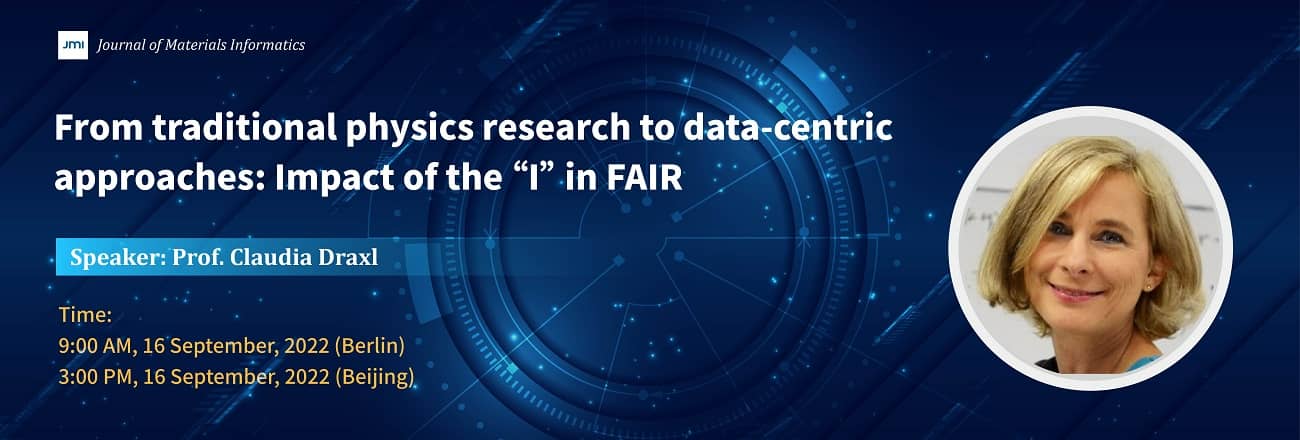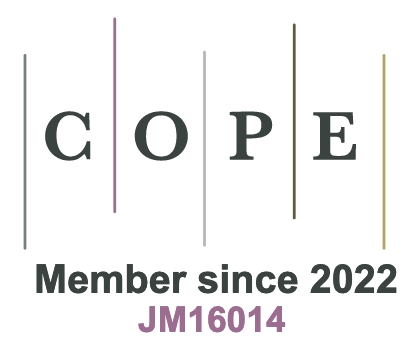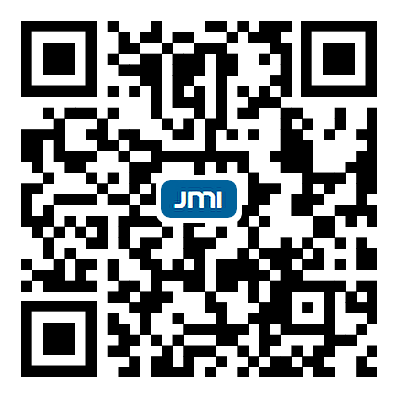Contents
Host
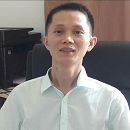
Prof. Li-Ming Yang
School of Chemistry and Chemical Engineering,Huazhong University of Science & Technology, Wuhan, Hubei, China.
Speaker
Prof. Claudia Draxl
Physics Department and IRIS Adlershof, Humboldt-Universität zu Berlin, Berlin, Germany.
Claudia Draxl is Einstein Professor at the Humboldt-Universität zu Berlin, Germany and Max-Planck Fellow at the Max Planck Graduate Center for Quantum Materials. Her research interests cover theoretical concepts and methodology to get insight into a variety of materials and their properties. She is developer of the all-electron full-potential package exciting (http://exciting-code.org), implementing density-functional theory (DFT) and methods beyond, with a focus on theoretical spectroscopy. A recently developed package is the cluster-expansion code CELL (https://sol.physik.hu-berlin.de/cell/). Actual research projects concern organic/ inorganic hybrid structures, wide-gap oxides, thermoelectricity, solar-cell materials, and more. She is a founder of the Novel Materials Discovery (NOMAD) Laboratory (https://nomad-lab.eu), an open-access library of materials and the chairperson of the consortium FAIRmat (https://fairmat-nfdi.eu). Based on this, her data-driven research aims at finding structure in Big Data of materials science.
Abstract
Data-centric approaches are already complementing our daily research and will even significantly change materials science in the near future. In this respect, data-analytics and artificial-intelligence (AI) approaches are being developed and applied to various problems, and high-throughput screening is going hand in hand with the establishment of small- and large-scale data collections. Such resources allow us finding trends and patterns that cannot be obtained from individual investigations and predicting novel candidate materials for a given application, possibly even in regions of the materials space that no-one would think of. For a real breakthrough, data must be FAIR (Findable, Accessible, Interoperable, and Re-usable) – and shared in platforms where results from synthesis, experiment, and theory are brought together. I will discuss with selected examples from our current research how we can obtain additional insight and knowledge from scientific data, putting a focus on the Interoperability, the most critical of the four items.
Presentation
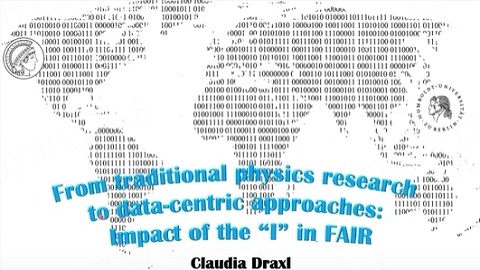
Prof. Claudia Draxl
Topic: From traditional physics research to data-centric approaches: Impact of the "I" in FAIR
NaN
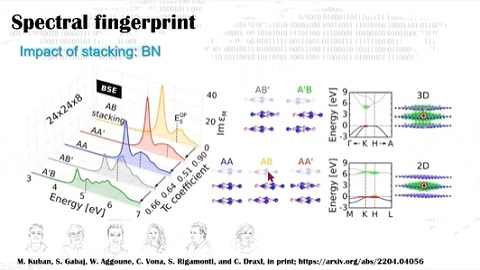
Topic: Free discussion
NaN
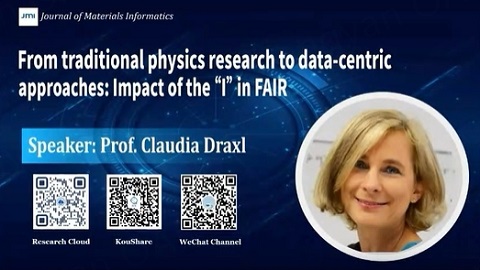
Topic: JMI introduction
NaN

